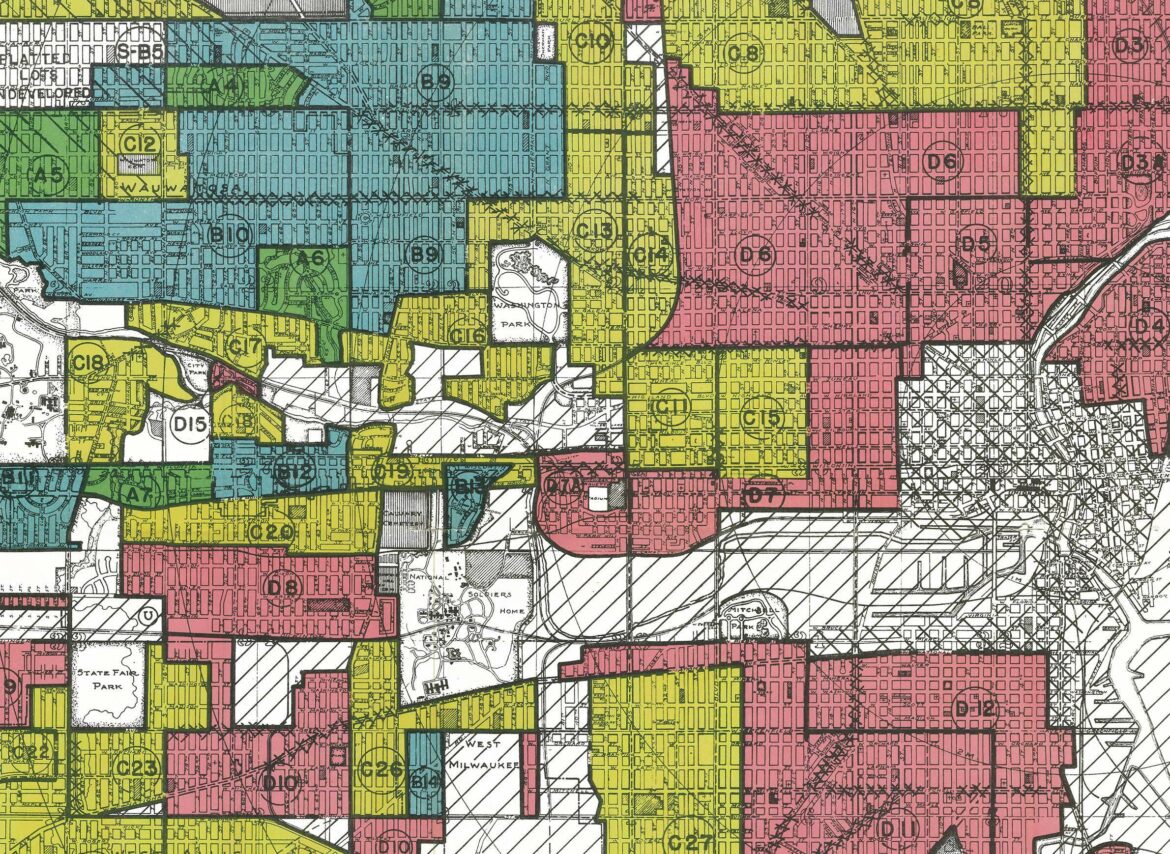Research has shown links between residential racial segregation and a plethora of health concerns, from asthma to obesity. Segregation can also be a factor in income and wealth — household incomes and home values in white neighborhoods are nearly twice as high as those in segregated communities of color. These are some of the key points laid out in a new report from the Othering and Belonging Institute at the University of California, Berkeley. The institute’s Roots of Structural Racism Project found that among U.S. metropolitan regions with more than 200,000 residents, 81% were more segregated in 2019 than they were in 1990. Stephen Menendian, assistant director and director of research at the institute, talks about tracing structural racism to its roots and the importance of addressing segregation.
“A lot of people assume, OK, you have systemic racism, surely there’s a racist individual somewhere behind that system or that started it all? Not necessarily actually. A lot of these systems produce disparities even without a racist actor either behind it today or even historically. And so structural racism is an attempt to reframe the cause of racial inequality from something that’s consciously created and maintained to something that can operate without conscious intentionality.”
— Stephen Menendian
A segment from our radio show and podcast, “Civic.” Listen at 8 a.m. and 6 p.m. Tuesdays and Thursdays at 102.5 FM in San Francisco, or online at ksfp.fm, and subscribe on Apple, Google, Spotify or Stitcher.










